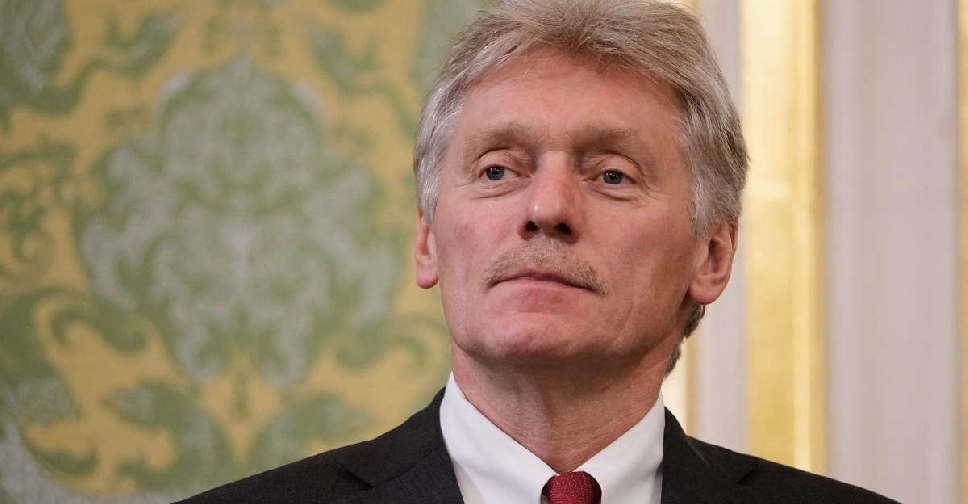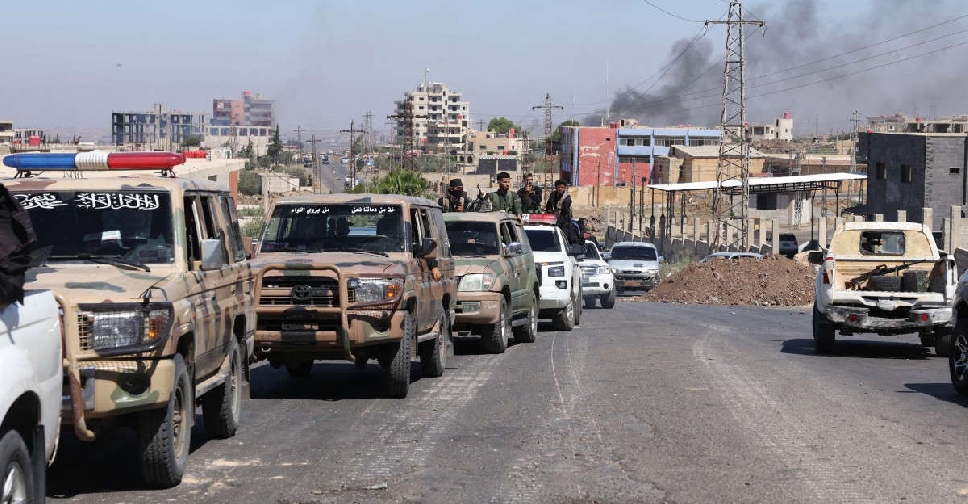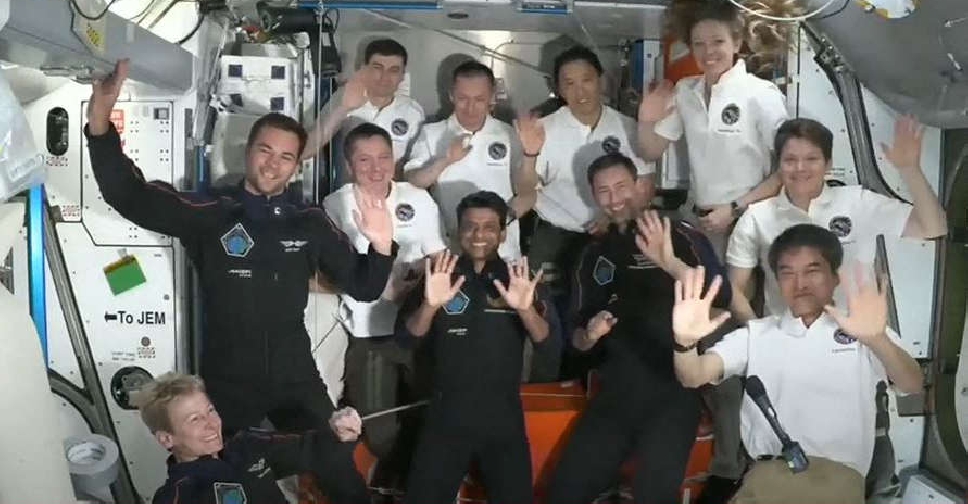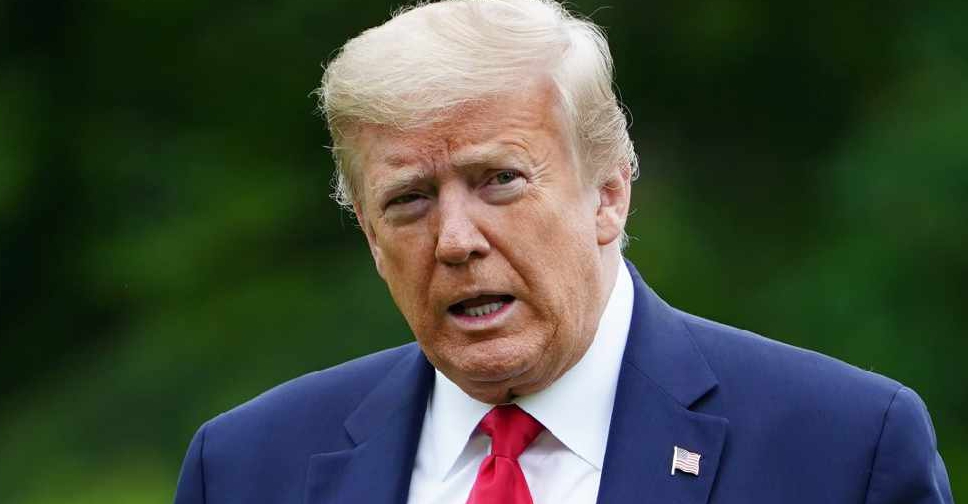
Chinese President Xi Jinping warned against decoupling from China as he opened the Belt and Road Initiative (BRI) forum in Beijing on Wednesday, criticizing Western efforts to reduce dependence on the Chinese economy.
Xi also lauded his grand plan launched 10 years ago of building global infrastructure and energy networks connecting Asia with Africa and Europe through overland and maritime routes, saying that "blueprints turned into real projects".
Representatives of more than 130 countries, largely from the Global South, attended the forum including several heads of state, of whom the most prominent was Xi's "dear friend" Russian President Vladimir Putin.
"We stand against unilateral sanctions, economic coercion, decoupling and supply chain disruption," Xi told more than 1,000 delegates gathered in an ornate conference room in the Great Hall of the People west of Tiananmen Square.
Putin and other foreign leaders sat with key Chinese officials from the 25-member Politburo on the front row, as Xi delivered his opening remarks.
Xi pushed against Western efforts to reduce dependence on Chinese economy, saying that, "our lives will not be better and our development will not be faster if we view the development of others as a threat and economic interdependence as a risk".
Reducing their dependence on supply chains with China has become a top priority among Western economies as Beijing's threats to Taiwan heighten geopolitical risks in Asia. The trade disruptions of the pandemic years have also added urgency to the desire to limit their dependence on China.
Although BRI at first set out to connect China to Western Europe, senior EU figures were missing. The sole head of state present from the bloc was Hungary's populist President Viktor Orban. Other notable attendees included the Afghan Taliban administration's commerce minister Haji Nooruddin Azizi.
"China has more interest right now in developing Afghanistan at this moment, so we are more engaged with China. The Chinese have more interest in economic affairs, that's why we're here," Azizi told a gaggle of reporters at the ceremony.
Xi is making the Belt and Road smaller and greener, moving away from big-ticket projects like dams to high-tech ones such as digital finance and e-commerce platforms.
The aim is to aid a broader push for a world order that is multi-polar and gives the Global South more agency, rather than one dominated by Washington and its allies, analysts say.
The BRI has also become more focused on issues such as climate change and artificial intelligence, as Xi seeks to use it to export Chinese ideas about governance and build consensus around Chinese norms and its development model, analysts say.
On Wednesday, Xi reinforced those trends, pledging to "deepen cooperation in green infrastructure, energy and transportation," and "put forward global initiative for artificial intelligence governance".
A European business representative, who did not want to be named for sensitivity reasons, said on the sidelines of the ceremony that BRI was, "creating impact for some of the countries involved" and that, "I think there is some truth to some of the speeches about improving livelihood and connectivity".



 Kremlin reacts icily to Trump but some Russian officials are blunter
Kremlin reacts icily to Trump but some Russian officials are blunter
 Syrian troops enter Druze city of Sweida after two days of clashes
Syrian troops enter Druze city of Sweida after two days of clashes
 Astronauts from India, Poland, Hungary return with NASA veteran from space station
Astronauts from India, Poland, Hungary return with NASA veteran from space station
 Trump arms Ukraine and threatens sanctions on countries that buy Russian oil
Trump arms Ukraine and threatens sanctions on countries that buy Russian oil



